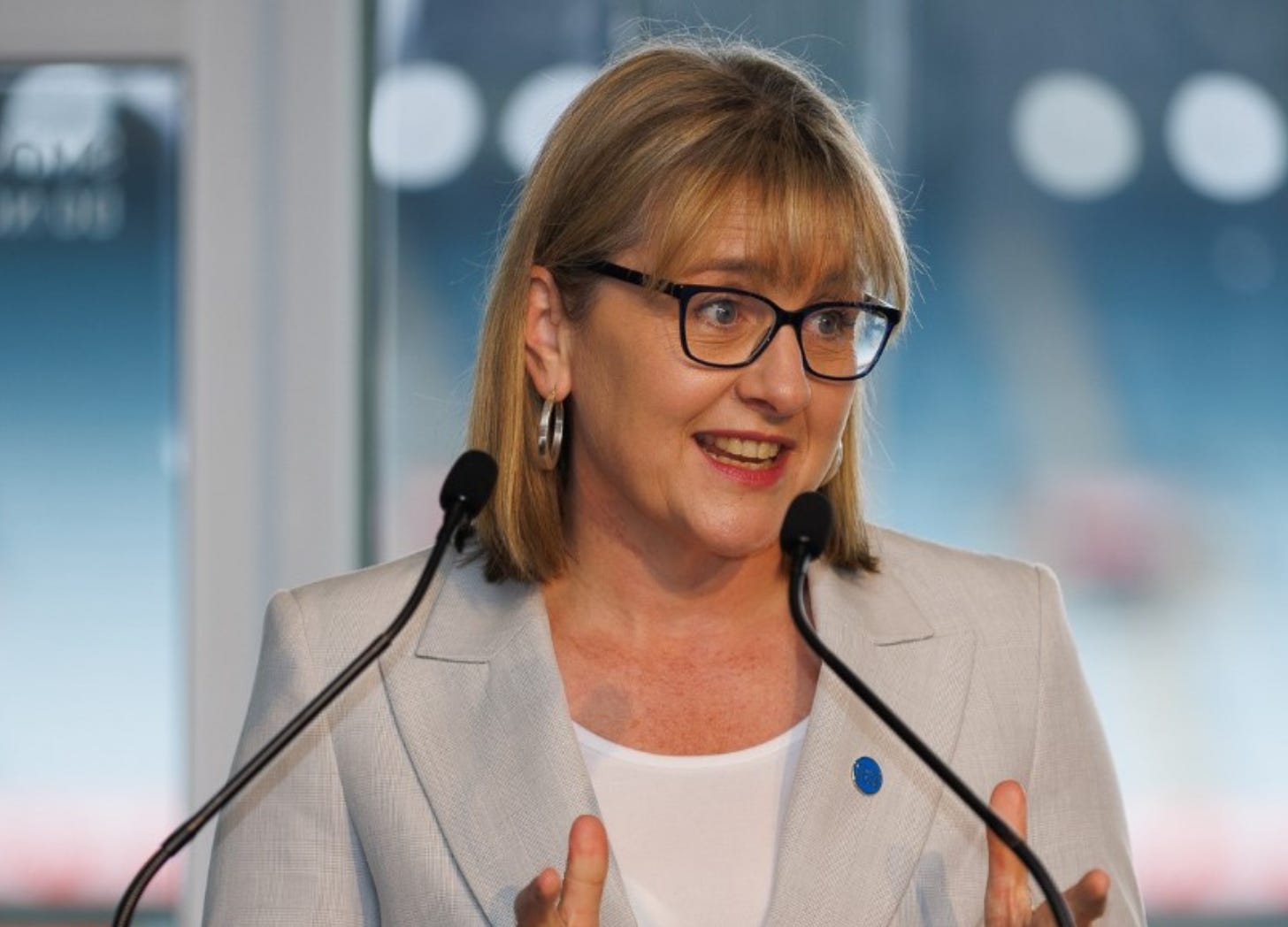Victorian 'social cohesion' pledge will target multicultural communities, rights groups warn
New 'social cohesion commitment' goes against government's own advice
The Victorian government will soon require organisations that receive grant funding to sign a ‘social cohesion’ pledge, despite broad opposition from civil society and the government’s own multicultural advisory group.
Organisations will be made to sign a ‘Victorian Values Statement’ and “demonstrate that they champion social cohesion, reject division and contribute to community harmony”, as part of the Allan government’s new ‘Social Cohesion Values Commitment’ policy.
The pledge is being piloted with multicultural organisations before being rolled out across all government portfolios from next year, covering groups involved in community building, health, education, the environment, law and justice, sport and the arts.
Speaking anonymously, a Victorian government insider told Deepcut the pledge was “a political fix hunting for a problem” and warned that the government was “effectively policing speech in the name of cohesion”.
Government ignored independent advice
Following an arson attack against Melbourne’s Adass Israel Synagogue in December 2024, Victorian Premier Jacinta Allan promised to introduce a ‘social cohesion’ pledge and a wide-ranging review to “examine how effectively Victoria’s multicultural policies, programs, and institutions serve our diverse communities”.
In its final report published in July, however, the independent advisory group convened to conduct the review explicitly recommended the government abandon the idea of a social cohesion pledge. Noting “significant concerns and opposition” to the proposal from multicultural organisations, the review warned that “multicultural communities’ rights to free speech could be hampered” and noted community fears “that the pledge could be weaponised”.
“There were concerns... that the Pledge would unfairly result in multicultural organisations and community members feeling that they had to refrain from speaking out on issues that affect them for fear of losing access to necessary government funding,” the review found.
“For many migrants and humanitarian entrants, perceived or practical restrictions on civil rights are deeply alarming.”
The review also warned that “Muslim communities in particular hold strong fears that the pledge could be used to prevent them from being able to call out and respond to events overseas for fear of impact on funding”.
Rather than a standalone pledge, the review recommended that existing contractual mechanisms in funding contracts across all government portfolios be strengthened to “to ensure all organisations receiving government funding uphold the state’s laws and contribute positively to social cohesion and community harmony”.
In September, however, the Allan government ignored this advice and pressed ahead with the announcement of its new social cohesion commitment policy.
The Victorian Department of Premier and Cabinet did not respond to questions by deadline.
Pledge creates ‘incentive to self-censor’
The review’s warning that culturally diverse communities would feel victimised by a ‘social cohesion’ pledge now appears to be playing out. Following the pledge’s announcement in September, the Islamic Council of Victoria (ICV) warned that “political expression and advocacy, such as in relation to the ongoing genocide in Gaza, may be falsely conflated with hate and division”.
“While we support efforts to ensure that grassroots community organisations undertake funded activities lawfully and in a way that promotes harmony between communities, we emphasise that clear thresholds and standards of behaviour must be established to prevent the weaponisation of this commitment,” the ICV said.
“Free political expression on issues directly impacting diverse communities must never be conflated with discrimination or silenced under the guise of promoting social cohesion.”
Multicultural organisations are not the only groups concerns about the pledge’s potential effects. Evelyn Araluen, co-editor of the Overland literary journal, warned that the pledge would be used as a mechanism for governments to further silence critics of the Gaza genocide.
“On the face of it the contents of the pledge itself are anodyne. But every mechanism of this kind is only as effective as the good faith with which it is applied, and as insidious as the misuse it allows for,” Araluen told Deepcut.
“’Social cohesion’ has become a policy byword during a globally recognised genocide, and many organisations are rightly concerned that this is yet another cynical attempt to stifle the truth of Australian complicity.”
The government insider similarly warned that “rebadging grant compliance as a values test risks turning partnership into policing”.
“That is not neutral for small, volunteer-run groups that live or die on program funding. Adding a new gate invites subjective judgments and a chilling effect on advocacy, especially when debate touches overseas conflicts,” they said.
“Even if the text is brief, the power sits in interpretation. That means extra compliance costs for community groups and a predictable incentive to self-censor on anything deemed contentious.”




Victorian values sounds like something a British trooper would impose on a colonial population in 1878.
I wrote an initial response to the Multicultural review on 12 Sept. see link.https://open.substack.com/pub/lawrenceaboukhater/p/initial-response-to-victorias-multicultural?r=48cgao&utm_campaign=post&utm_medium=web&showWelcomeOnShare=false